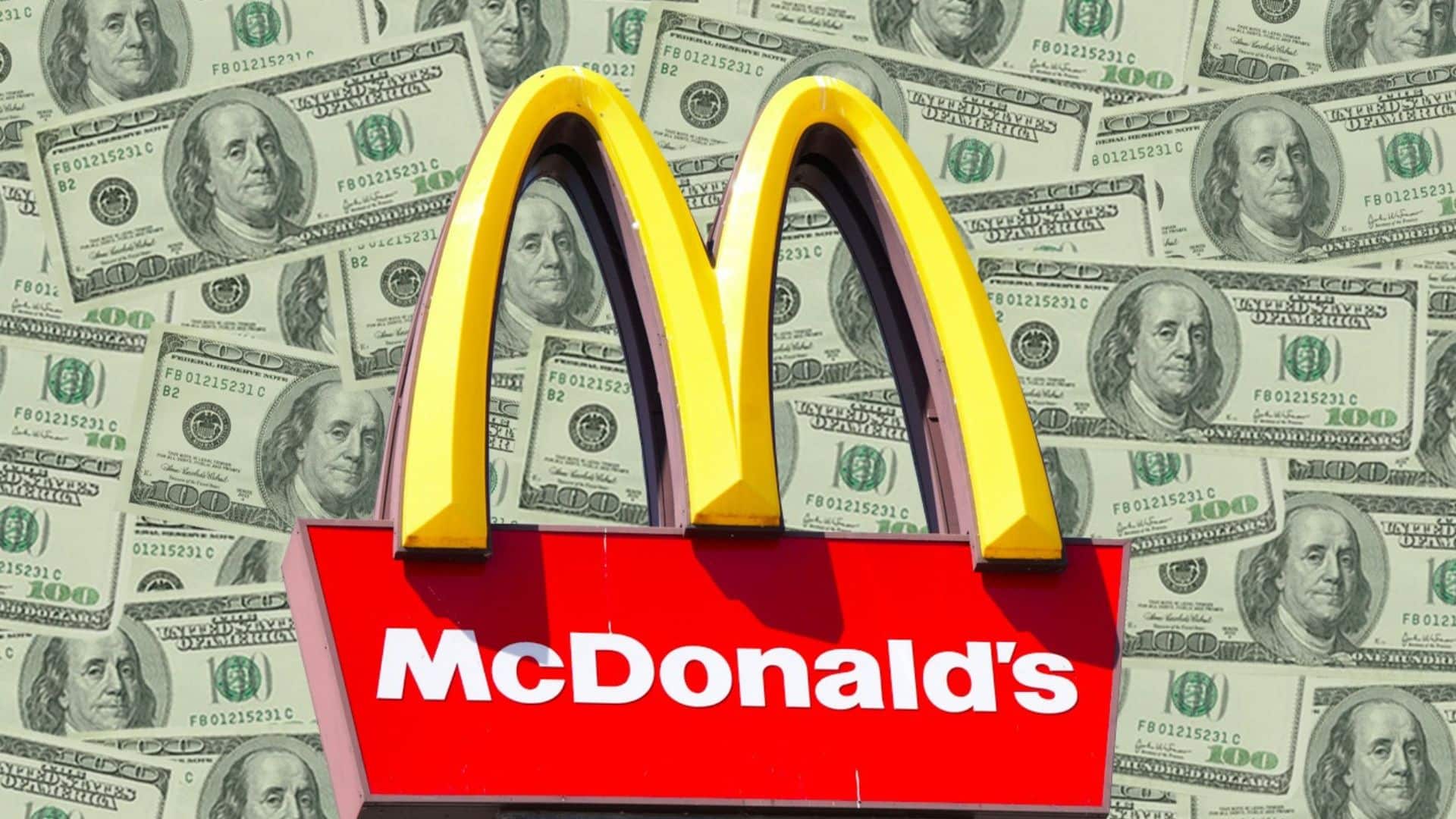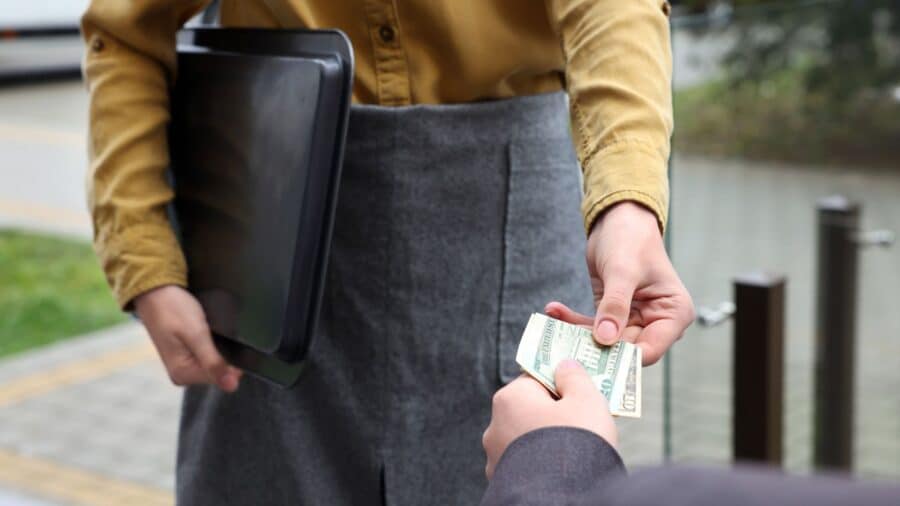McDonald’s CEO Says Restaurants That Rely on Tips are ‘Getting the Customer to Pay’ For Their Employees


Tipping has long been part of American dining culture, but McDonald’s CEO Chris Kempczinski is questioning its fairness. In recent remarks, he argued that restaurants relying heavily on tips are effectively outsourcing employee wages to customers, creating an uneven playing field. The comment has reignited debate about wage equity, employer responsibility, and whether tipping culture is sustainable in the modern economy or simply a convenient way for businesses to underpay workers.
A Bold Statement From McDonald’s CEO

Chris Kempczinski didn’t mince words when he said restaurants that depend on tips are essentially “getting the customer to pay their employees.” The comment positions McDonald’s against a wage model where consumer generosity fills wage gaps. By framing tipping as a subsidy rather than a reward, he highlights the underlying tension between business practices and employee fairness in the fast-food and hospitality industries.
Why It Creates an Uneven Playing Field

Restaurants that rely on tips may keep their menu prices lower, but they shift labor costs to diners. McDonald’s, which pays hourly wages directly, argues this creates a competitive imbalance. Businesses that pay staff wages must absorb higher labor costs, while tip-dependent competitors appear cheaper upfront, even if customers are ultimately footing the bill through tips. This raises questions about transparency and true cost in dining.
U.S. Laws Allow Sub-Minimum Wages

Under federal law, tipped workers can legally earn as little as $2.13 per hour, with the assumption that tips will raise their income to at least the federal minimum wage of $7.25. This “tip credit” system effectively allows employers to pay less than standard wages. While some states have higher wage protections, the patchwork nature of U.S. labor laws means millions of workers depend on unpredictable customer tips.
A Patchwork System Across States

Tipping rules vary widely across the U.S. In some states, tipped workers must earn the full state minimum wage before tips. In others, employers can claim larger tip credits, pushing base pay lower. This fragmented approach creates significant disparities in worker earnings depending on location. Critics argue that such inconsistencies worsen inequality, leaving many hospitality workers more vulnerable to economic swings and customer behavior.
Tipping Culture Abroad: A Stark Contrast

In many countries, tipping is optional or minimal because businesses are expected to pay fair wages. For example, in the UK and across much of Europe, laws ensure tips go directly to staff, but wages are covered by the employer. In Japan, tipping is often discouraged altogether, as good service is considered part of the job. These global contrasts highlight how unusual America’s tip-dependent system truly is.
Consumer Pressure and “Tipflation”

With the rise of digital payments, tip prompts now appear in more places than ever, from coffee shops to takeout counters. This “tipflation” puts pressure on consumers to subsidize wages even in industries where tipping wasn’t common before. Experts warn that this trend could spread tipping culture further, making it a default expectation across purchases
Workers’ Reality: Gratitude or Dependence?

For many workers, tips are less a bonus and more a lifeline. This dependency leaves them vulnerable to slow shifts, poor customer turnout, or even discriminatory tipping practices. Critics argue that tipping fosters power imbalances, where employees must appease customers to secure their income. What was once meant as a gesture of gratitude has, for millions of service workers, become a source of instability and insecurity.
The Future of Wages in Hospitality

The tipping debate comes down to fairness and responsibility. Should wages be primarily the employer’s duty, or can consumer-subsidized models endure? Business leaders like Kempczinski suggest companies risk eroding trust when they expect customers to fill wage gaps. The U.S. may soon face a reckoning over whether tipping remains a cultural staple or gives way to employer-funded wage systems.
Final Thoughts

McDonald’s CEO’s remarks underscore a growing awareness of tipping’s flaws. While tipping has deep roots in American culture, its role as a wage substitute is increasingly questioned. The model creates inconsistencies, shifts employer obligations to consumers, and leaves workers vulnerable. Whether the U.S. moves toward employer-funded wages or doubles down on its tipping traditions, one thing is clear: the conversation about fairness is here to stay.
